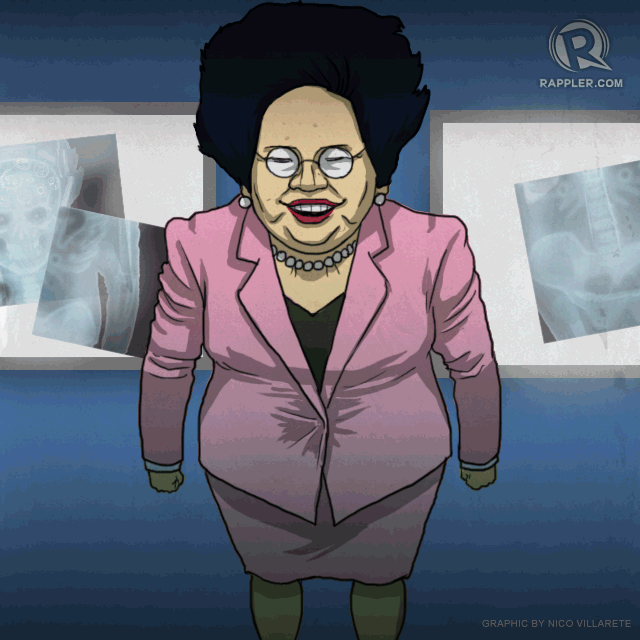SUMMARY
This is AI generated summarization, which may have errors. For context, always refer to the full article.

The last time, in contemporary history, that the President’s health was kept secret was during the benighted years of martial law. At the time, the illness of President Ferdinand Marcos was spoken about in whispers and subject of much speculation.
We then learned from reports in the foreign press that Marcos was suffering from lupus, “a disease in which antibodies attack the body’s own tissues, including such organs as the kidneys” and “complicated by diabetes.” He then underwent kidney transplants in 1983 and 1984.
Contrast this to 1996 when a delicate operation to clear a blocked artery in the neck of President Fidel Ramos had to be performed. This was made public and the reins of government were ready to be passed on to the vice president, Joseph Estrada.
The return of democracy has heightened public expectation and demand for transparency among our leaders. Presidential health is no longer treated as a personal issue.
The 1987 Constitution, forged in the glow of our first People Power revolution, is explicit. Article 7, Section 12 says: “In case of serious illness of the President, the public shall be informed of the state of his health.”
Comes now presidential candidate Miriam Defensor Santiago who bravely announced, in 2014, that she was diagnosed with stage 4 lung cancer.
Before that, she voluntarily disclosed that she had chronic fatigue syndrome and resigned her post as judge of the International Criminal Court even before assuming it. The cause of chronic fatigue syndrome is unknown, says the Mayo Clinic, “although there are many theories – ranging from viral infections to psychological stress.”
Santiago went on “qualified medical leave” from the Senate, updating the public about her condition.
In July, her office gave another health update: the senator’s cancer has been “controlled, meaning the cancer growth in her left lung has been arrested.”
Santiago herself gave the latest update when she announced her bid for the presidency October 13. “I’ve already gotten over my bout of cancer,” she declared.
So it comes as a surprise that, after this serial openness about her illness, she refuses to make her medical records public, citing her right to privacy.
A medical doctor, Sylvia Estrada Claudio, had asked her to come clean about the true state of her health.
Why this sudden reticence? The feisty senator who likes to speak candidly about anything under the sun is now using “privacy” as a shield. Does she fear that she may lose votes?
Ironically, she’s a big presence online and thrives on social media where the privacy mores are blurred. In this age of Facebook and Twitter, sharing of information with a public out there has intensified.
In government service, it is a given that the bar for privacy is low. That is the price one pays for seeking public office. Even what happens in the bedroom is not spared from public scrutiny – if it affects the conduct of one’s duty.
Sure, Santiago is not yet president. But as one aspiring for the highest office of the land, she has to let the voters know her medical condition.
Leading the country is a 24/7 job from which she cannot just take a “qualified medical leave” or absent herself when she feels out of sorts.
Santiago can blaze the trail by being the first presidential candidate to disclose her medical records. Let the genie of disclosure out of the bottle – never to be put back again.
This will be a legacy that can last forever (more). – Rappler.com
Add a comment
How does this make you feel?
There are no comments yet. Add your comment to start the conversation.